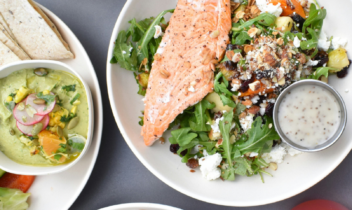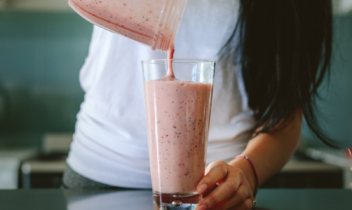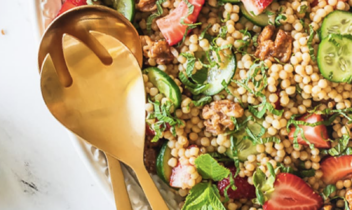
Can the foods I eat help improve my sleep?
Answer
The foods we choose to eat each day contribute to our overall energy levels. But what about our sleep? Can the foods we eat contribute to a better night’s sleep, even greater energy and overall wellness?
Americans are slowly realizing that whole-body wellness comes from more than just the right foods. Four common pillars include nutrition, sleep, movement and stress reduction. Working on all four will create a balanced wellness approach.
When it comes to sleep, we often don’t make the connection between the sleep we had last night and our food cravings or difficulty with weight management. But here’s why we should.
A sound night’s sleep can help regulate hormones such as leptin (satiety signaler) and ghrelin (appetite stimulator). These hormones are regulated during deep sleep and can be thrown off when sleep quality is poor. So, the key to your willpower may come through a proper night’s sleep.
Try incorporating these plants into your diet to improve your nightly slumber:
Spinach contains an abundance of nutrients that help promote overall health. Spinach contains tryptophan and is high in vitamin B6, both of which can help promote better sleep.
Bananas are a quick and easy snack full of powerful nutrients. They are high in potassium and magnesium, which help your muscles to relax, resulting in a more peaceful night’s sleep.
Cherries contain melatonin, which helps to control your body’s internal clock, lower body temperature and induce drowsiness. A recent study found that adults who drank two 1 oz. glasses of tart cherry juice slept 40 minutes longer on average and had up to a 6% increase in sleep efficiency.
Soybeans can provide 100% of your daily value of tryptophan in just 1 cup and are high in calcium, which can also help you get a better night’s sleep!
Incorporating one or more of these foods on a daily basis, along with a nightly relaxation routine, may mean a better night’s sleep and, as a result, a better day ahead.


